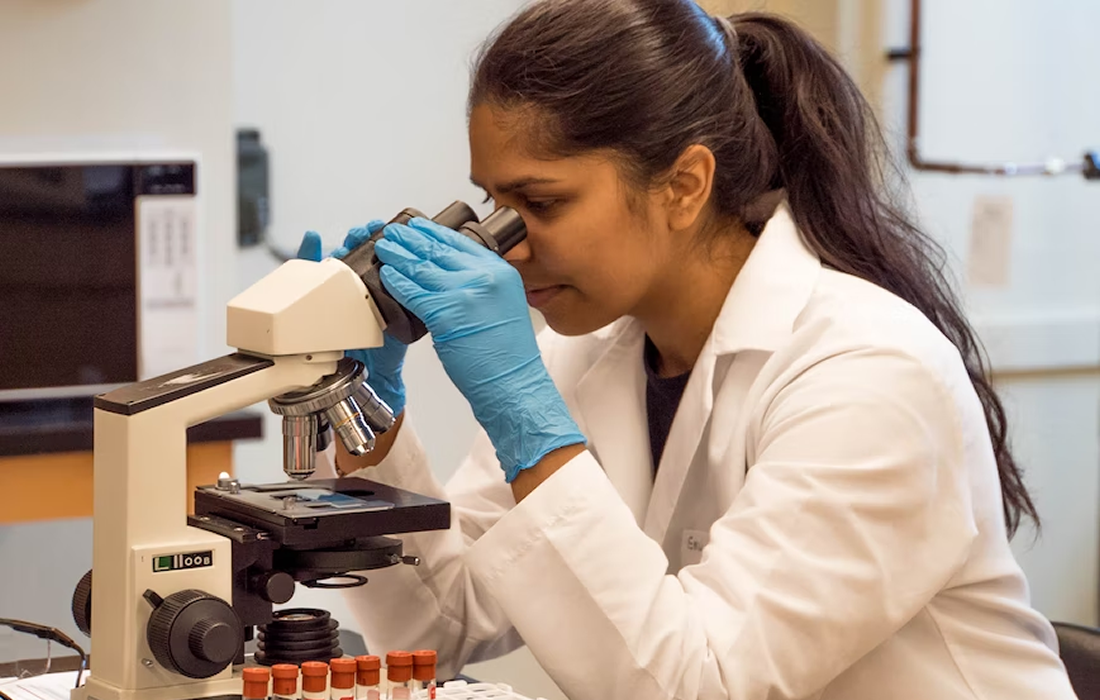Stem Cell Therapy for Specific Conditions
Stem Cells May Help Identify New Schizophrenia Drugs
In a study, published in Stem Cell Reports, researchers highlight how various genetic differences have previously been associated with a higher risk of schizophrenia.
These differences affect a protein called complement component 4 (C4), which is more active in the brains of people with schizophrenia.
To develop effective drugs for lowering C4 levels, the researchers devised a method to create large quantities of C4-secreting human astrocytes from stem cells.
Astrocytes are cells in the brain that play an important role in connecting brain cells together and removing unnecessary connections. They are part of the brain’s immune system and secrete the C4 protein.
The brains of people with schizophrenia also tend to have fewer connections between certain brain cells. Some researchers think that C4 might be involved in removing these connections.
To study C4 and astrocytes, the researchers used a special technique to make human astrocytes from stem cells in the lab.
The team screened 464 drugs and identified a small group of approximately 20 that reduced C4 secretion from astrocytes. They found some drugs that could control C4 and also predicted other ways to control it.
These drugs were effective in both healthy astrocytes and those derived from schizophrenia patients’ stem cells.
The study presents new opportunities for examining inflammatory responses and their regulation in human astrocytes and provides a platform for identifying potential therapeutic drugs in large-scale screening efforts.
“The study’s findings may pave the way for repurposing existing drugs for CNS indications. The identified pathways and regulators may help develop more effective and targeted therapies for conditions like schizophrenia, Alzheimer’s disease, and other neuroinflammatory disorders” said Dr. Louis Cona.
“By creating astrocytes from pluripotent stem cells, scientists can study how these brain cells function and interact with other cells in the brain. This can help us learn more about how our brains work and understand and treat brain-related diseases,” Cona explained.
“This research could lead to new treatments and therapies for brain disorders or injured patients. For example, studying astrocytes might help us figure out how to protect neurons, which could help people recover from brain injuries or slow the progression of certain neurodegenerative diseases,” he added.
Cona notes that this research “delves into the role of protein C4, which is secreted by astrocytes. This protein has been associated with various brain disorders. By elucidating the function of C4, researchers may develop new therapeutic approaches for individuals suffering from brain disorders linked to this protein.”
In conclusion, Cona said, “the excitement surrounding this paper stems from its potential to significantly advance our understanding of the human brain and contribute to developing novel treatments for brain-related disorders.”
“Moreover, it highlights the extraordinary potential of pluripotent stem cells and their applications in human health and scientific knowledge,” he added.
Sources:
Francesca Rapino, Ted Natoli, Francesco Limone, et al. (2022). Small-molecule screen reveals pathways that regulate C4 secretion in stem cell-derived astrocytes. Volume 18, Issue 1, P237-253, January 10, 2023. Published:December 22, 2022. DOI: https://doi.org/10.1016/j.stemcr.2022.11.018
Image from: https://unsplash.com/photos/6q5QG8iIgRo

